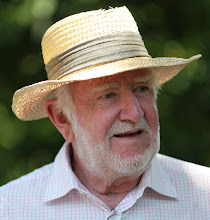Business Day reported on 16 March that Nersa had agreed to an increase of ‘only’ 31.6% in the pipeline tariffs. The saga of the fox guarding the chickens continues.
First, part of the basis for the award was an increase in the capital base of the pipeline division. Transnet’s asset base went up from around R9billion to around R20billion. But R6.2billion of this increase was due to irregular expenditure, and the individuals responsible have left Transnet. Should the asset base be inflated by wasted money?
Second, the old capital base of around R9billion was highly questionable. It represented the original pipeline, long, long paid for in full. Its book value should have been nil, zilch, nada. It takes a regulator, administering prices, to agree to such a generous valuation.
Third, we must recall how Transnet was awarded the contract for the multiproduct pipeline in the first instance. There was a competitive bid. One tender, from a company with the wonderful name of iPayipi, came with firm price, a guaranteed completion date, a guaranteed cost for operating the new pipeline that was no higher than the old, and a full financial package. It was rejected because Nersa "did not believe its financial guarantees." Instead Nersa awarded the contract to Transnet, whose offer had no firm price, no completion date, no cost of operation and no financing.
The pipeline is hideously late and wildly over cost. Now Nersa, the organisation that handed the job to Transnet on a platter, believes Transnet should receive some reward to make up for all its pain. The award is way above the level of inflation. If this were a trade union asking for a 31.6% increase, we would be crying murder. It translates into another 4c/litre on our fuel. As a motorist, I think this whole administered prices affair needs a major rethink – particularly when the awarder of contracts gets to reward the contractor.












